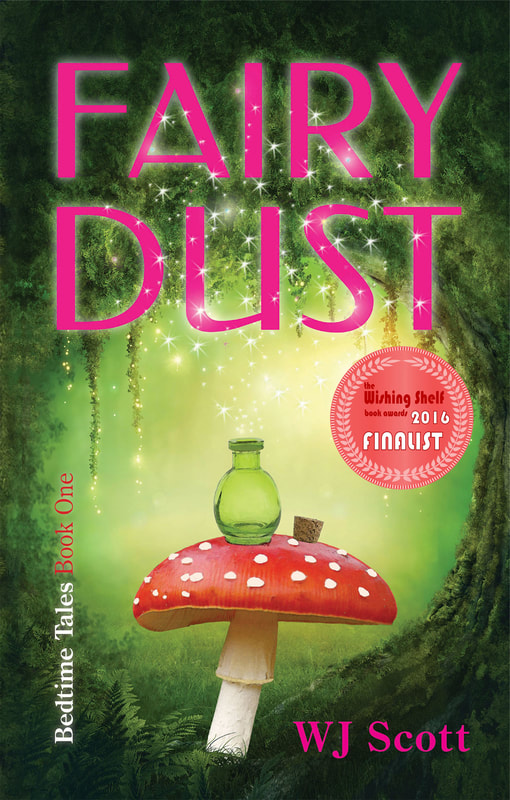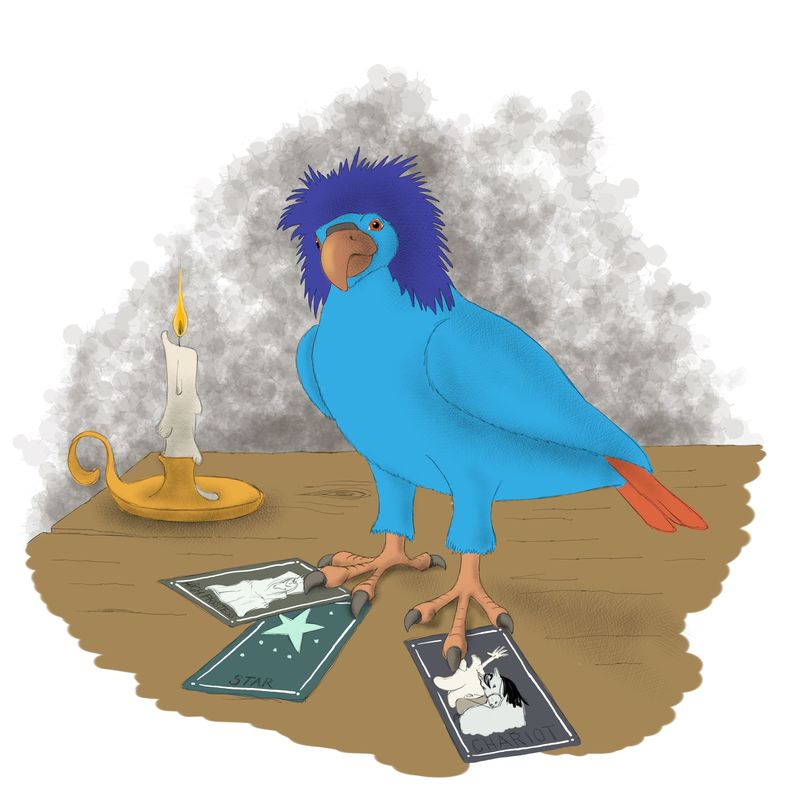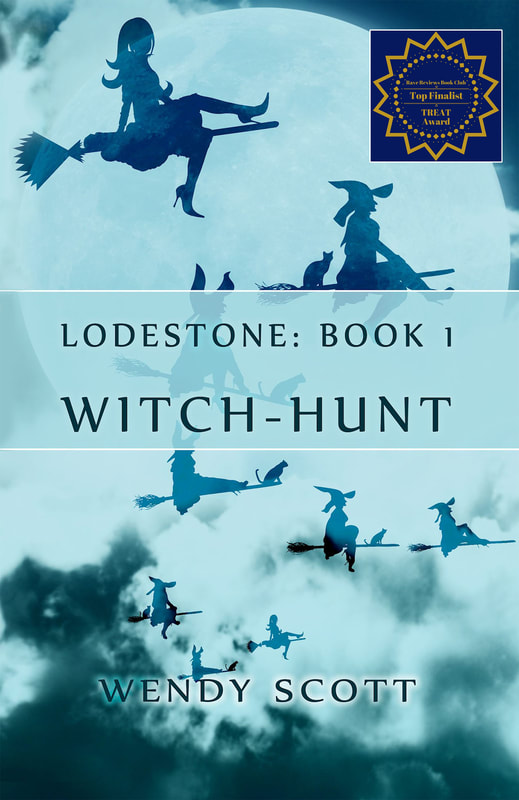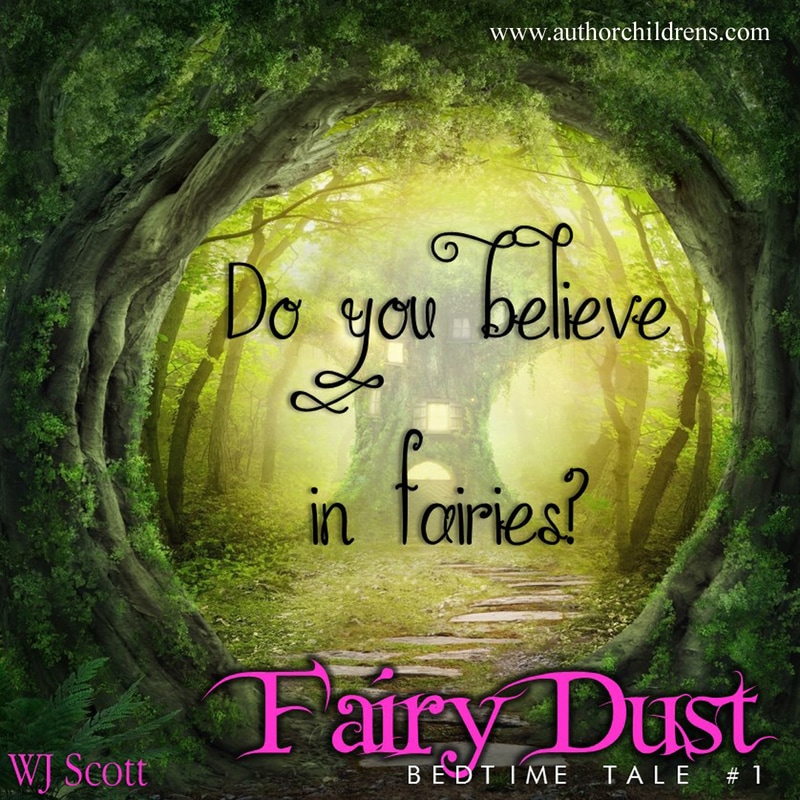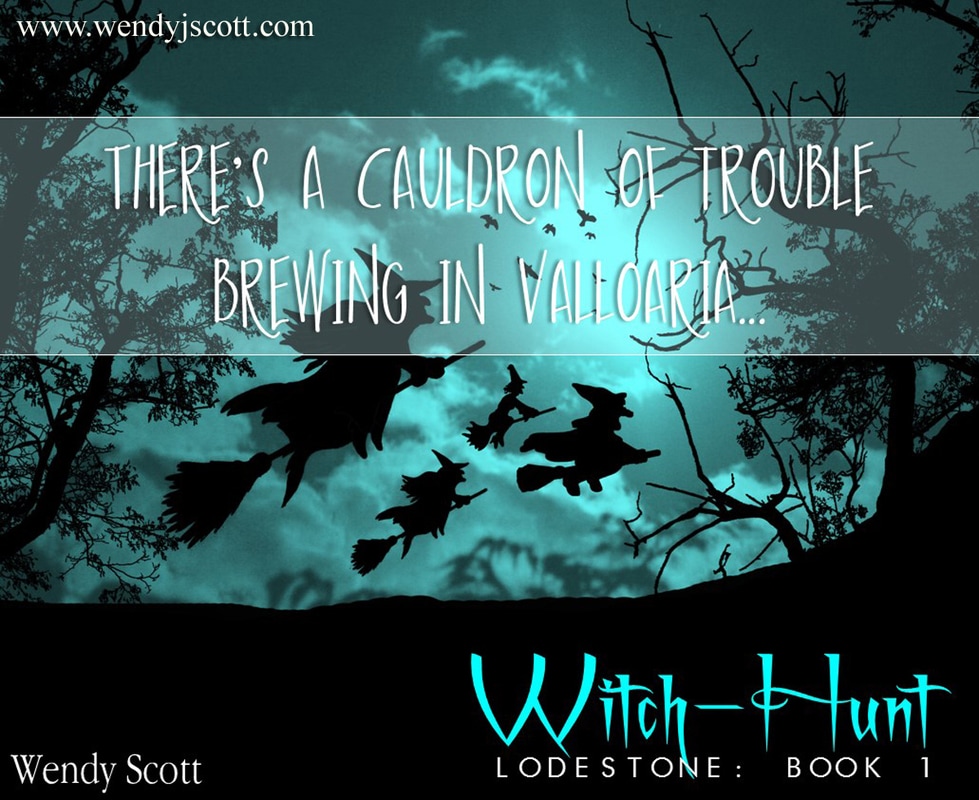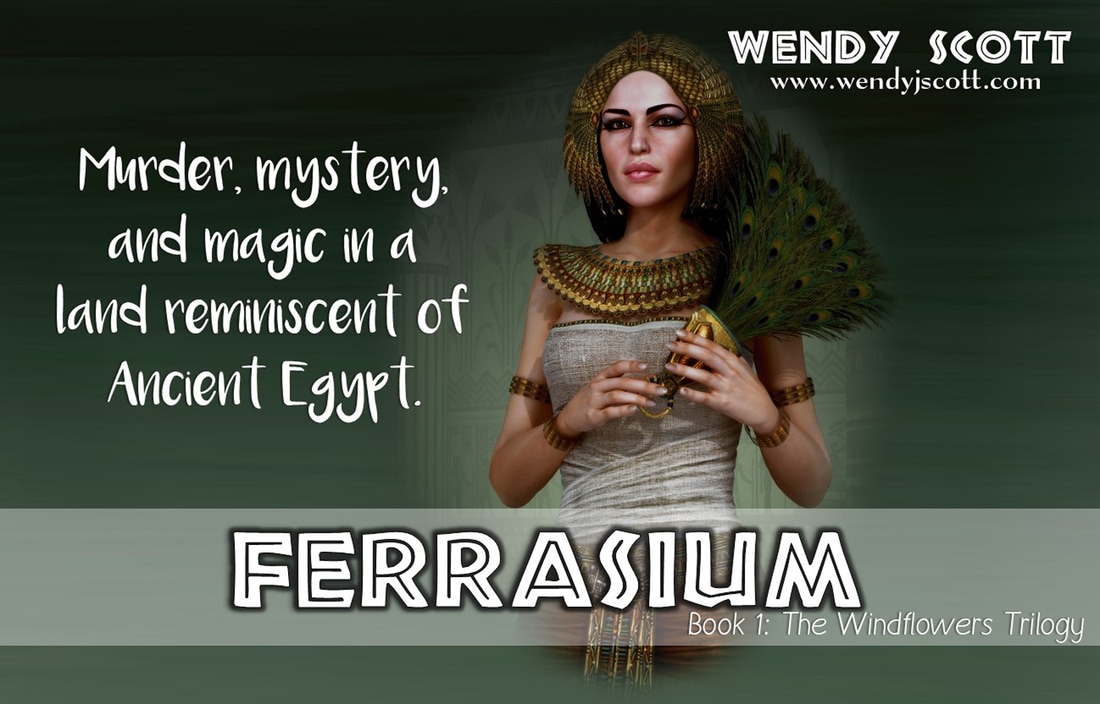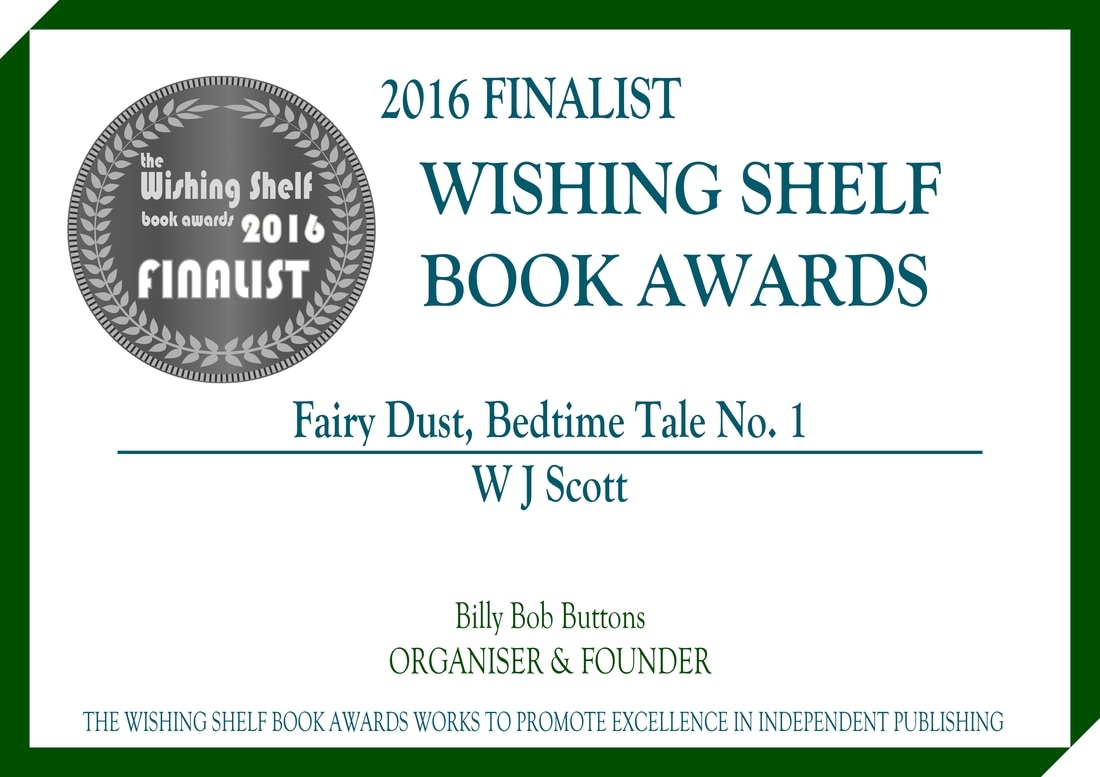Beem Weeks
Nightly Traipsin
Whatever.
Can’t control what creeps through your sleep.
Her body stirred awake as the blackest part of night splashed its inky resolve across that part of Alabama.
Violet stared at the ceiling, tried like the dickens to recall a face, perhaps a voice—anything belonging to the one responsible for this latest agitation.
Nothing came through, though.
Even dead of night did little to lay low that sticky heat. Old-timers in town swore oaths affirming this, the summer of 1910, to be more oppressive than any other summer since before the war between the states.
Violet eased her body from her bed; the soles of her feet found cool the touch of creaking floorboards.
There’d be nobody to catch her—not at this hour.
Nobody, but Ruthie.
And Ruthie Sender?—she’d never let on of these doings.
Violet scampered through the kitchen, flung her blue-eyed gaze against the darkened parlor. Only shadows and silence bore witness to her planned escape, a girl’s nightly traipsing.
The back door gave up with only minor provocation.
Dripping moonlight splashed the yard with a silvery sheen; promising secrets lingered among the gathered glow.
Around the rear of the house she skulked, careful to hold close to the shadows, to remain hidden from the ones who’d blab, those others who’d hold it over her head for gain.
Back behind the barn she found her crouching spot, fell low to the ground, fixed sight on the direction of Ruthie Sender’s place a few hundred yards away. Traipsing just didn’t hold its fun without Ruthie tagging along.
Violet rushed her granddad’s cotton field without that hesitation she’d known only a summer earlier.
Shadows stirred and wiggled in the distance. Figures formed, made shapes around a low-burning fire. Even at the center of all that cotton, Violet could pick out words of songs sung by the coloreds, those kin to Ruthie Sender.
They sang about standing on wood, an old slave’s saying, drawing up recollections of a time they themselves belonged to someone else.
Belonged to Violet’s kin.
Wood smoke fogged the night air.
Violet hunched low, skirted the yard where those coloreds took up with their fire and song and whiskey. Friendly sorts, all of them. Always first with a kind word, an interest in Violet’s family, how the girl’s folks were getting on—even if that interest leaned toward pretend. But that’s the nature of the matter. It’s Violet’s great-granddad who’d once owned all those souls that gave creation to the very ones now singing and drinking.
She broke through shadows collected beneath an ancient willow tree, found respite behind the Sender family’s privy, and waited for the girl to either show or not show.
The colored girl’s legs appeared first, dangling from the pantry window, bare feet scrabbling at the air, searching for a solid thing to set down upon. The thud of her sudden drop wouldn’t wake anybody.
A dingy gray nightshirt clung to Ruthie’s body. Her dark-eyed gaze landed out where she knew to find Violet. If the girl offered a smile, it couldn’t be seen—not from this distance.
“Go out back of Tussel’s, maybe?” Ruthie asked, finding space in Violet’s shadow.
“Catch a strap across my butt, I get found by that saloon again,” Violet promised. “Daddy don’t say things twice.”
Ruthie said, “Chicken liver.”
Violet backed down a notch, weighed her options. “Who’s gonna be there?”
“Fella named Ferdinand something. Plays piano.” Ruthie tossed a nod toward those others out by the fire. “They won’t share us no whiskey.”
“Won’t share up to Tussel’s, neither—unless you got some money.”
* * *
They were born the same night, Violet and Ruthie, back during spring of 1895. Only a few measly hours managed to wedge in between them, separated the girls from being twins of a sort.
Close enough, though.
Ruthie came first—if her folks were to be believed.
“Where we going?” Violet asked, following after Ruthie’s lead.
“Lena Canu’s place,” said Ruthie.
“How come?”
“She got stuff to drink, mostly.”
Droplets of sweat ran relays along Violet’s spine, leaving the girl’s skin wet, clammy. “Awful hot, it is.”
“She a conjure woman,” Ruthie announced, laying her tone low, protected. “—Lena Canu, I mean.”
Midnight’s high ceiling lent sparse light to the path splitting the two properties. Violet’s kin, they’d once owned the entire lot. Her great-granddad, he’s the one took notion to make things right, gave half of his land to the slaves he turned loose after the war.
Ruthie’s kin, mostly.
Senders and Canus.
Couldn’t ever really make a thing like that right, though.
A small cabin squatted in the brush; the orange glow of a lamp shined in the window. Used to be a slave’s shack, this one here.
Moonlight dripped on the colored girl’s face, showed it round and smooth, lips full and perfect, eyes alive with life and mischief. “Gonna see does she have any drink.”
Violet leaned closer, her bare arms feeling the other girl’s heat. She asked, “Can she tell fortunes?”
“Like reading a book.”
That dark door yawned wide; Lena Canu peered into the night. “I’ll tell your fortune, white girl,” she said.
Ruthie gave a nudge, guided Violet up the walk and into the shack.
A table and four chairs congregated at the center of the bare space. Kerosene fed a flame dancing like the devil atop the glass lamp. A pallet in a corner threw in its lot with the scene.
Lena Canu tossed a nod toward her rickety table. “Have you a seat, now,” she ordered, “—both of you.”
Violet sat first. Ruthie found perch across from her friend. Beneath the table naked feet bumped and rubbed, each girl assuring the other this would be a good turn.
“You one of them Glass girls, ain’t you?” Lena asked, dropping onto a chair of her own.
Violet said, “Yes, ma’am.”
Lena waved her off. “Ain’t no ma’am. Call me Lena, is all. You the one runs wild.” A pronouncement rather than a question.
Ruthie asked, “You got any liquor?”
A clear pint bottle came into the moment; its bitter amber liquid promised that sort of burn a person won’t mind.
Each girl drew off a long pull, let the heat mingle with their blood. Neither girl had ever gone full-on drunk; only a swig or two is all they ever dared.
Lena Canu, conjuring woman, spread a pile of bones over the table and commenced to ciphering future happenings a girl might need to know.
Things about boys and marriage didn’t come up. Neither did mention of babies and such. All Violet heard portended mainly to trouble.
“Quit you runnin’ wild,” Lena proclaimed, “and you be just fine.” She took up her narrow gaze again, aimed to settle matters. “But you keep doin’ what you been doin’, things gonna go bad.”
The suddenness of gunfire echoed through that sticky air. Three quick shots chased by a lazy fourth that staggered along a moment later.
Lena jumped first, ran for the door. Ruthie followed after, peering into the dark, no doubt expecting to put a face to the one pulled that trigger.
Violet remained stuck to her chair, attentions tugging between the matters outside and those sayings left to her by that conjuring woman. Did she really believe in such things, or was it all just a mess of nonsense?
“What am I gonna do to make things go bad?” she asked, supposing it wouldn’t hurt to know—just in case.
But Lena had other notions to work over. “Sounds like they come from over to your place,” she said to Ruthie.
Ruthie tipped a nod, said, “Could be they gettin’ liquored up too much, huh?”
“Might could,” answered Lena.
It happens that way, boys and their whiskey, wandering along crooked paths of discontent, blabbing things not really meant for harm—just boasting, is all.
But boasting to a drunken fella is as good as a punch on his nose.
“Gonna go see,” said Ruthie, pushing past the threshold, pressing on toward home.
Violet held her ground, let the colored girl disappear in the night. Attentions ceased their tugging, settled on the one making proclamations concerning bad manners and trouble to come.
Lena came loose of her thoughts, brought one to words, said, “Go on home now, white girl. Nighttime belongs to devils.”
* * *
Clouds laid a brief smudge against the moon, stripped its shine right off the night, left Violet to wonder if it really might be footsteps stumbling along behind her, following that same narrow path toward home.
“Fool boys,” she muttered, tossing nervous glances over either shoulder.
Footfalls fell heavy—like boots hammering the earth. An eager thing born of desperation.
Violet bolted left, squatted low behind a pile of brush that had the makings of a snake shelter. She held her breath and waited for the one at her back to pass on by.
A piece of tree limb came to her hand, a long and heavy thing, able to put a soul right should he come at her with wrong intentions.
That smudged moon went shiny again, dripped light across the path, showed off the shape of a man loping toward home. Tall and thin, this one; he moved quick with purpose.
Going the wrong way, though, Violet thought, waiting for the man to pass.
She gained her feet, charged his retreat, swung that heavy piece of wood and caught that interloper straight between his shoulders.
“Jay-zus!” the man hollered, hitting the ground like a sack of potatoes.
“This is private property!” Violet informed him, fixing up for a second swing.
The fella pulled up on his knees, tried to reach for that spot on his back no doubt gone swollen. He said, “It’s private property only ’cause I say so.”
Foolishness seeped into the girl. She squinted against the dark, drew recollection of his face. “Granddad?” she said, hoping her recollections proved wrong.
“What the hell are you doing out here?” he demanded, giving his legs a try.
“Came out to use the privy,” she fibbed. “Heard gunshots, came to see, is all.”
“Liar!” the old man spat. “You been gallivanting again, ain’t you?” He moved closer to the girl, sized her up, made a big fuss over her running around in only a nightshirt and nothing else. “Your daddy’s gonna hit ya where the good Lord split ya—then he’s gonna move you to your sister’s room upstairs. Won’t be no sneaking out from there.”
Her gaze caught that glint at his waistband, a familiar hunk of blued steel. “Don’t matter,” she said. “Daddy’s gonna put you in the county home.”
“On account of what?”
“On account of you’re going senile, traipsing off, bothering colored folks again with that pistol of yours.” Violet leaned closer, continued her spiel. “Heard him and Mama talking just last week, saying how you’re a danger to yourself just as much as to others.”
The old man’s jaw fell open and slammed shut; intended words went lost to the night. He couldn’t tell on her now—not without personal risk.
Defeat fogged his eyes. “I won’t tell your business if you don’t tell mine.”
Violet seized the moment with both hands. “That depends,” she informed him.
“On what?”
“Who’d you shoot tonight?”
“Nobody. Just meant to scare, is all.”
“Gonna kill somebody one day—if you ain’t already.”
“Ain’t in my blood, killin’.”
“Don’t have to mean it to do it.”
The old man pulled back, let frustration have its way. “We got a deal or don’t we?”
“You gonna leave Ruthie’s people be?”
“Just want what’s mine,” he complained.
“But it’s their land, Granddad—been so for forty-five years. A hundred guns ain’t gonna make it not so.”
He never did wear misery well.
Violet’s arms went easily around the man. She pulled close to him, breathed in that familiar odor of sweat and tobacco.
He said, “I won’t bother them no more.”
“Then we have us a deal.”
We ask that you also check out their books in the RWISA or RRBC catalogs. Thanks, again for your support and we hope that you will follow each member along this amazing tour of talent! Don't forget to click the link below to learn more about this author:
Beem Weeks RWISA Author Page
How would you like to become a RWISA Member so that you're able to receive this same awesome FREE support? Simply click HERE to make application!










